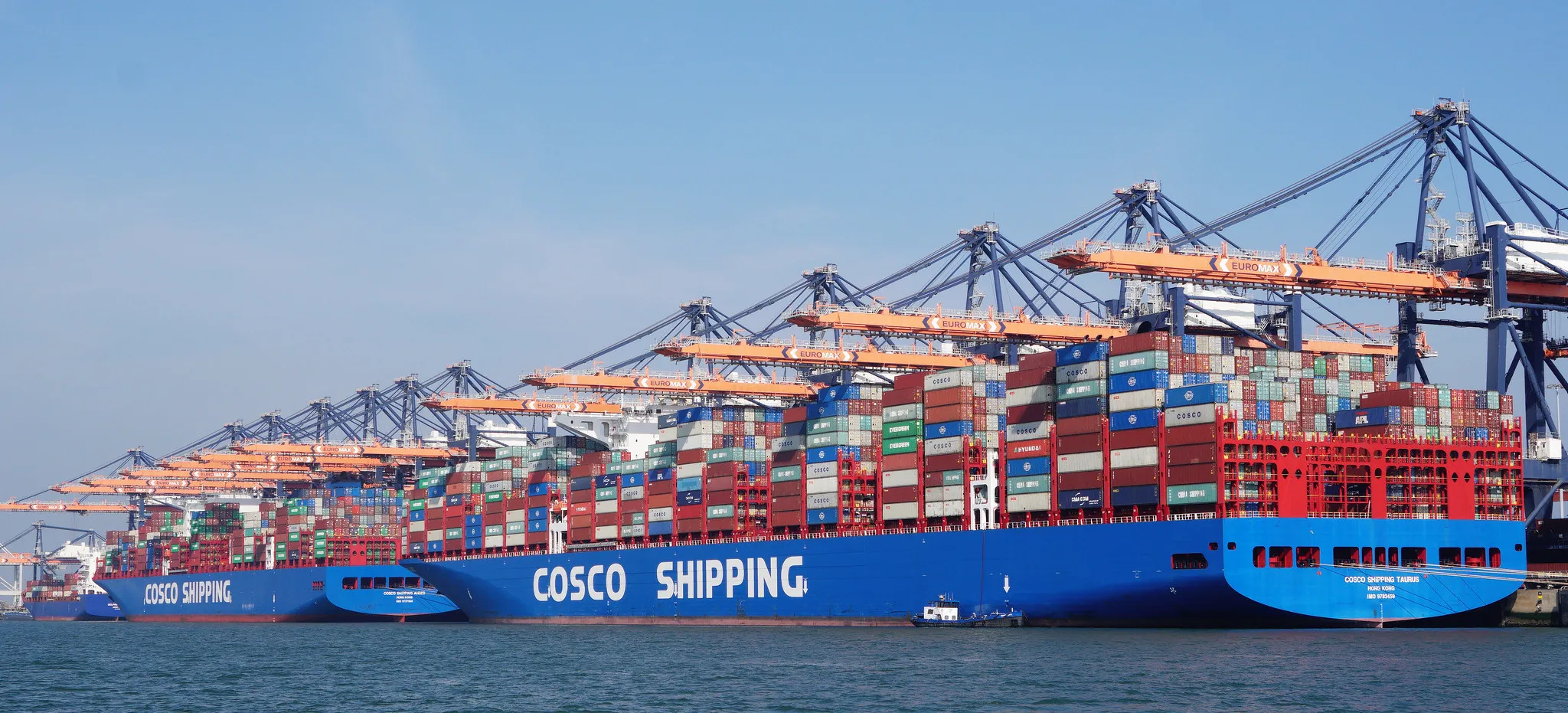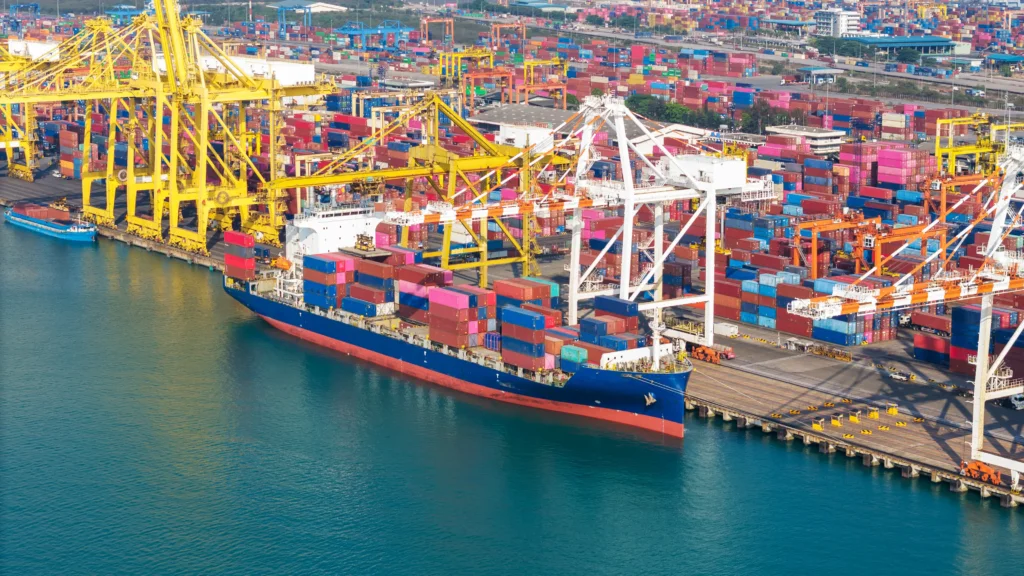State-owned shipping giant China Cosco Shipping is seeking veto rights or equivalent authority in a global consortium’s planned acquisition of CK Hutchison’s overseas port assets, according to reports by Bloomberg and Reuters. The move comes as the deal faces mounting scrutiny from Beijing and intensifies its geopolitical undertones.
The sale involves 43 international terminals currently owned by Hong Kong tycoon Li Ka-shing’s CK Hutchison Holdings, including two ports located along the strategically significant Panama Canal. The original buyer group comprises BlackRock’s Global Infrastructure Partners unit and Terminal Investment Ltd., a subsidiary of MSC Mediterranean Shipping Company controlled by Italian billionaire Gianluigi Aponte.
In case you missed it: Shipping expert: Trump’s claims on trade and the Panama Canal are factually wrong
Bloomberg, citing people familiar with the matter, reported that Cosco is seeking the ability to block decisions it deems potentially harmful to China’s national interests. While the other consortium members have reportedly agreed to grant Cosco full informational access to the operations, discussions are ongoing over the scope of its decision-making powers.
No final agreement has yet been reached.
The 145-day exclusivity period for negotiations between CK Hutchison and the consortium is set to expire on 27 July. Sources told Bloomberg that Cosco’s role in the consortium could be settled by the end of September.
The potential inclusion of Cosco represents a shift in the stalled transaction, which has faced political resistance from China despite the government having no formal authority to block the sale. Tensions escalated earlier this year when Chinese regulators pledged to investigate the deal. Subsequently, Li Ka-shing and his family were subjected to criticism in media outlets seen as aligned with Beijing, and state-owned firms were instructed to avoid new partnerships with businesses linked to the Li family.
Earlier this month, Bloomberg also reported that negotiations involving Li’s younger son, Richard Li, to expand his insurance ventures in mainland China had been suspended in the wake of the ports deal.
The deal has also drawn international attention, with Bloomberg noting that former U.S. President Donald Trump publicly framed the transaction as symbolic of returning influence over the Panama Canal to the United States.









